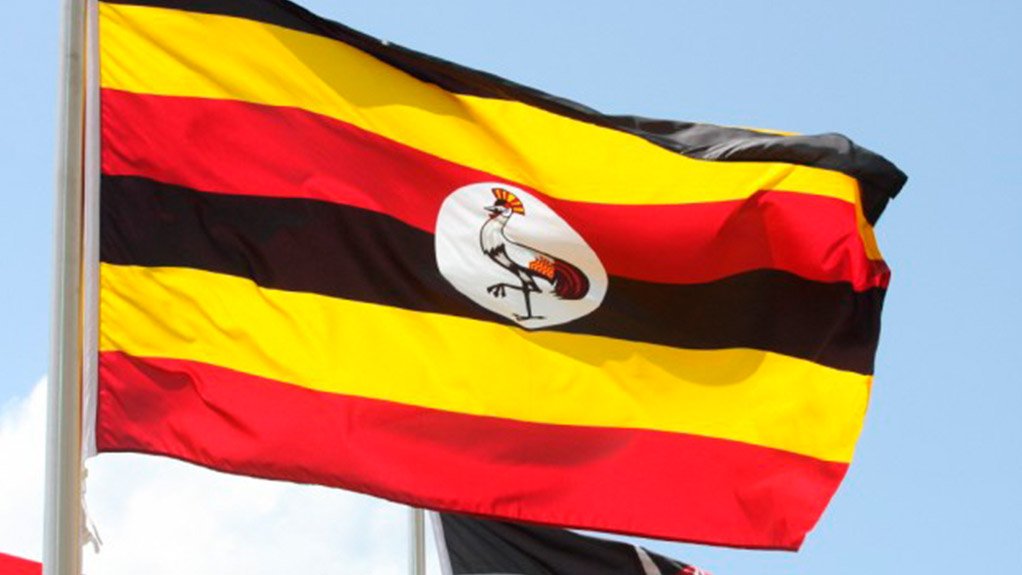Uganda - a landlocked African nation that until recently struggled to get a World Bank loan - is the latest hot destination for investors chasing yields as this year's risk-on mood rolls forward, fuelling a push into domestic debt of riskier, smaller emerging economies known as frontier markets.
More than $2-billion of Uganda's domestic government bonds are now held offshore, according to analysts - a record - while countries including Egypt, Nigeria and Kazakhstan also draw cash into local currency debt, as investors intensify their search for opportunities.
"You squeeze the lemon and the last drop in there is usually local (currency debt) and frontier,” said Philip Meier of Gramercy.
Fuelled by markets awash with cash and shaken confidence in once-safe debt in the developed world, exotic domestic debt markets have lured increasing numbers of investors. But with an uncertain path for the US dollar - a major driver for emerging markets - it is unclear how long the party will last.
"We are seeing at this point in time somewhat more of a diverse investor base that is entering into the space," said Yvette Babb, portfolio manager with William Blair, adding that included hedge funds - which are notoriously fickle when the winds change.
DOMAIN OF THE SPECIALIST INVESTOR
Investing in frontiers is typically the domain of specialists who examine each country to know when and how to make money. Frontiers often have capital controls that can make it tough to get money out.
Local bond bets also face currency risks, as a strong US dollar erodes profits, even if funds can extract their cash.
"On an index level, you haven't made much money, if any, over the last 10-plus years," Gramercy's Meier said of local currency frontier markets. Local currency investing, he added, "is very difficult."
A number of frontier market index funds closed in the years leading to 2025 as a result. BlackRock liquidated its iShares Frontier and Select EM exchange-traded fund earlier this year, citing persistent liquidity challenges.
But a weakening dollar - and revived risk appetite - has turned the tide; on an index level, emerging market local currency debt is up nearly 17% over the past year.
Uganda is not part of a key JPMorgan index for local currency debt, making it a more exotic bet. For two years, it was frozen out of World Bank funding due to an anti-LGBTQ law that carries the death penalty for some same-sex offences.
The bank resumed funding in June; by the IMF/World Bank meetings in Washington last month, investors said, officials tallied total offshore holdings of debt and equities at nearly $3-billion.
"This interest is symptomatic of sustained risk-on conditions until recently and stretched EM valuations, and the global search for yield," said Samir Gadio of Standard Chartered.
S&P Global estimated that non-resident holdings in Uganda's domestic debt had risen to about $2.7-billion - equivalent to 12% of total government domestic debt.
Uganda's central bank did not share current figures; at the end of 2024, it said that offshore investors held 3,069.8-billion Ugandan shillings ($845-million) worth of bonds.
"While Uganda remains a relatively marginal destination for foreign portfolio investment, the momentum is clearly building," said Tomi Einesalo, a portfolio manager at LGT Capital Partners, citing its credible central bank, resilient foreign exchange market and prudent economic policymaking.
The inflow is boosting government coffers. But so-called "hot" money from hedge funds and other non-specialist investors is also prone to leave more quickly, which Babb noted "does leave them somewhat more susceptible to ebbs and flows in risk appetite."
A January ballot in which President Yoweri Museveni, who has ruled Uganda since 1986, is expected to stand for re-election could also spook some investors. Opponents and human rights activists have accused his government of abuses including abductions and illegal detentions, allegations Museveni has denied.
AS GOOD AS IT GETS
Banks JPMorgan and Bank of America say clients - even non-emerging market specialists - are looking to increase exposure to certain countries.
The broader emerging market local currency index recently hit an all-time high.
A recent Bank of America note described the environment "as good as it gets" for frontiers.
"The global backdrop has been particularly favourable this year, defined by a weak US dollar, an anchored bond market, supportive equity market and mixed commodities," Merveille Paja, BoFA's sovereign credit strategist wrote in a late October note.
The broader funding sources helped frontier nations replenish reserves, which "translates into an improvement in the overall fundamentals," she wrote.
JPMorgan cited the same factors as driving a frontiers buzz, recommending long positions in local currency debt in Nigeria, the Dominican Republic and Paraguay.
Ghana and Zambia, which are still finalising debt restructuring deals, and Uzbekistan, have also performed well.
Vietnam, according to the late October JPMorgan note, was the only negative performance within frontier local markets.
But risks are myriad - and potentially growing.
"This balance could be upset in several ways," Paja wrote.
Fading global growth, weaker commodity prices or a resurgent US dollar could all knock frontiers off course - and the "hot" money could quickly leave.
EMAIL THIS ARTICLE SAVE THIS ARTICLE FEEDBACK
To subscribe email subscriptions@creamermedia.co.za or click here
To advertise email advertising@creamermedia.co.za or click here











